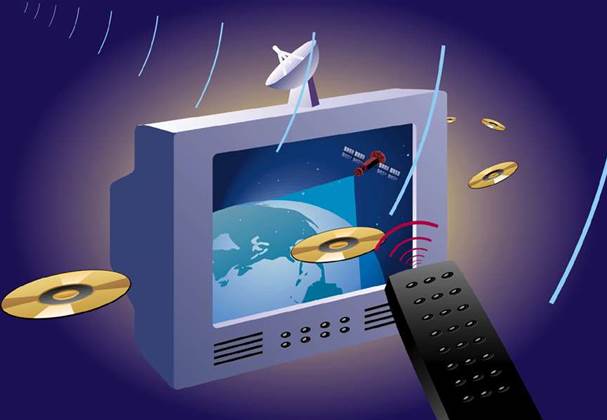
Several standards are currently in use worldwide, and the first system in the UK from Virgin Mobile uses the rival DAB standard.
"Mobile broadcasting is a tremendous opportunity for Europe to maintain and expand its leadership in mobile technology and audiovisual services," said Reding.
"Europe is today at a crossroads. We can either take the lead globally, as we did for mobile telephony based on the GSM standard developed by the European industry, or allow other regions to take the lion's share of the promising mobile TV market.
"'Wait-and-see' is not an option. The time has come for Europe's industry and governments to switch on to mobile TV."
Reding argued that the current lack of a set standard is holding the EU back and could damage what has the potential to be a huge market.
The move was widely expected, as Reding had already made her preference for the standard clear at CeBIT this year.
Nokia, the world's biggest handset manufacturer, decided to produce only DVB-H handsets two years ago, a decision described as ridiculous by one mobile operator.
"There are a lot of good reasons to go for DVB-H," said Mark Squires, Nokia's UK head of communications.
"Firstly, from a technology standpoint, DVB-H is a subset of a standard already used in the home, so it is proven technology.
"Secondly, the way DVB-H handles transmission using time slicing means that the aerial is only on about 10 percent of the time, saving battery life."


_(33).jpg&h=140&w=231&c=1&s=0)
.png&h=140&w=231&c=1&s=0)






 iTnews Executive Retreat - Security Leaders Edition
iTnews Executive Retreat - Security Leaders Edition
 iTnews Cloud Covered Breakfast Summit
iTnews Cloud Covered Breakfast Summit
 The 2026 iAwards
The 2026 iAwards











_(1).jpg&h=140&w=231&c=1&s=0)



